UP IHR conducts a 3rd Focus Group Discussion (FGD) on the Legal Capacity of Persons with Disabilities
Following two successful Focus Group Discussions (FGD), the UP Law Center Institute of Human Rights (UP IHR) organized the third and last FGD on 6 December 2023 as part of its research project titled “A Research on the Legal Capacity of Persons with Disabilities.” The third session, attended by medical professionals and representatives from the education sector, built on the key insights shared in the previous FGDs. Notably, the medical professionals hailed from the University of the Philippines College of Medicine, Adventist University, and the University of the Philippines Diliman Psychological Services. It was also joined by representatives from the Department of Education (DepEd) and the Technical Education and Skills Development Authority (TESDA).
UP IHR’s Officer-in-Charge Atty. Daniel D. Lising, M.D. delivered the opening remarks, highlighting the importance of legal instruments in ensuring that the rights of persons with disabilities are safeguarded and upheld. UP IHR’s Law Reform Specialist and Project Head Atty. Glenda T. Litong then provided a brief overview of the project by reiterating the Philippines’ commitment to recognizing the full legal capacity of persons with disabilities as a state party to the United Nations Convention on Persons with Disabilities (UNCRPD).
The FGD comprised three groups: two groups included medical professionals, while one group consisted of representatives from the education sector. Its primary focus was on viewing the legal problem of legal capacity from medical, psychological, and educational viewpoints. The discussions were facilitated by UP IHR’s Atty. James Gregory Villasis, UP IHR’s Atty. Litong, and UP Law Center Training and Convention Division’s (UP TCD) Atty. Kristine Eugenio.
Medical professionals highlighted the issues of accessibility in low-income areas, human resource constraints, and stigma in obtaining support for persons with disabilities. On the other hand, representatives from the education sector illustrated the lack of administrative support in educational institutions and weak implementation of existing programs. Representatives explained that Philippine education generally fails to integrate essential features of inclusive education. Thus, while efforts are exhausted to build better educational structures, learning modes, and facilities for persons with disabilities, there is a need to establish new standards of inclusion to uphold the rights of persons with disabilities.

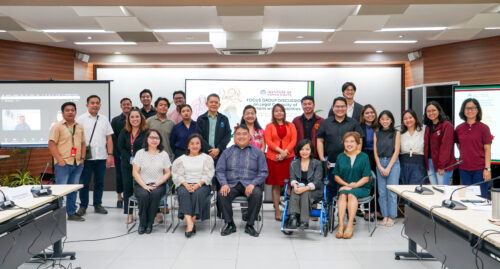
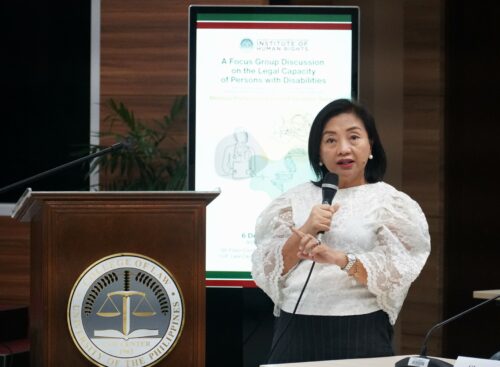
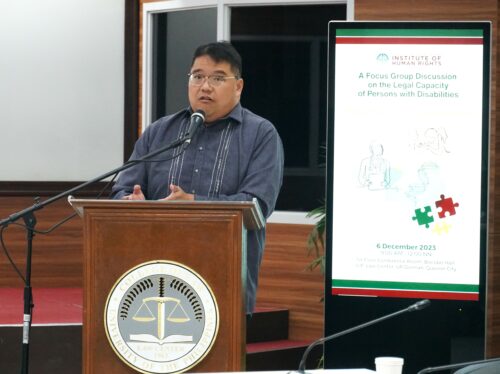
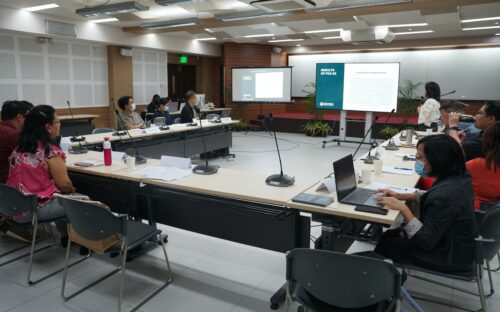
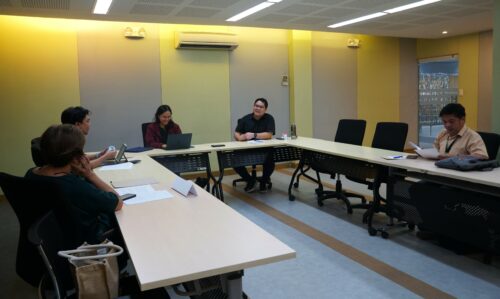
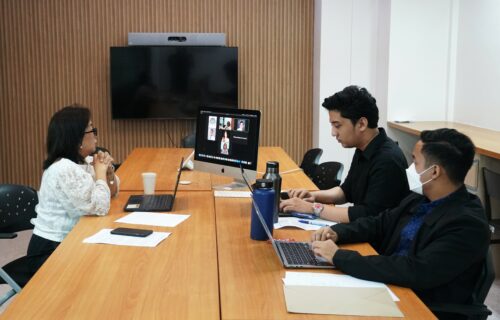






































































































 on the upper right corner to select a video.
on the upper right corner to select a video.